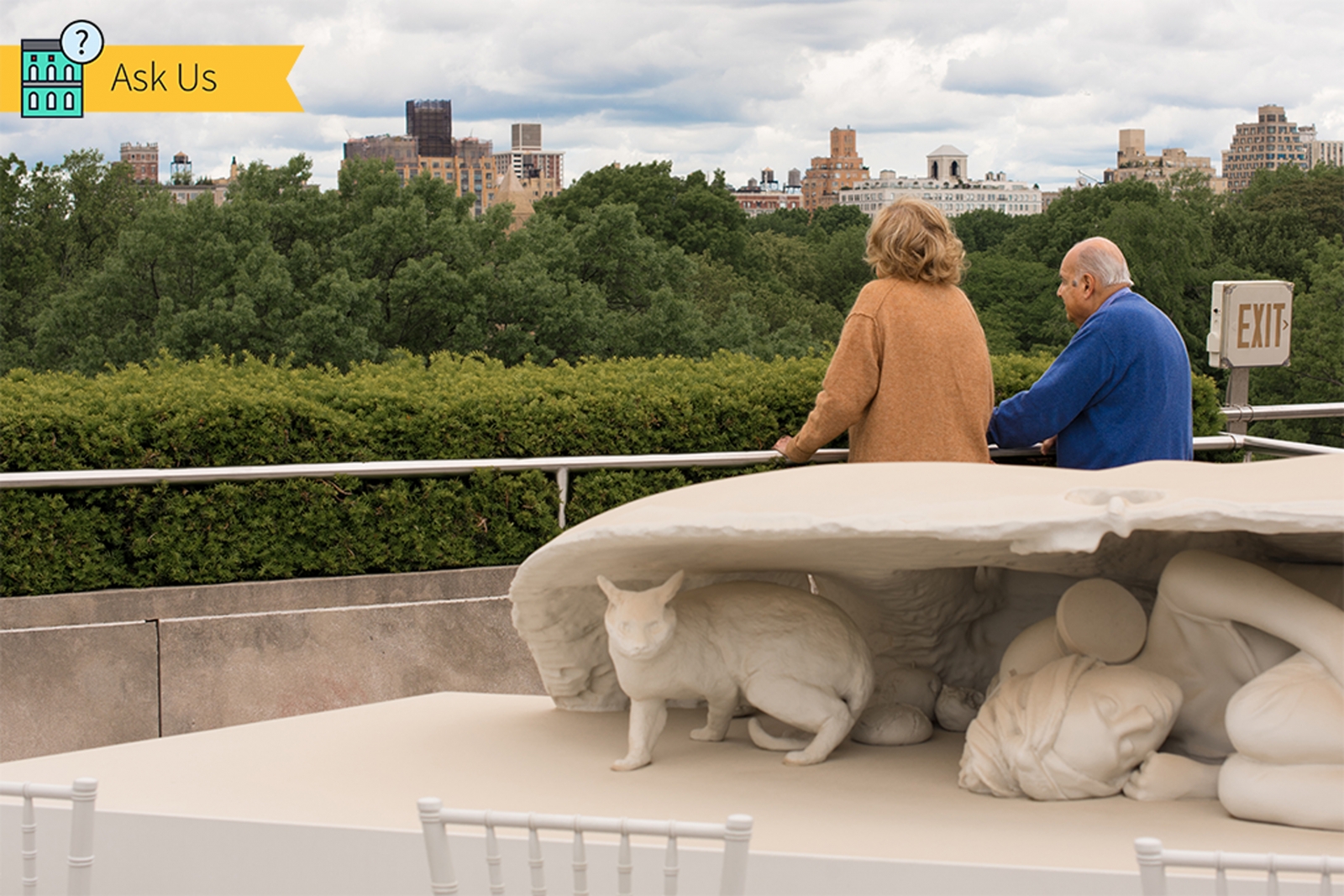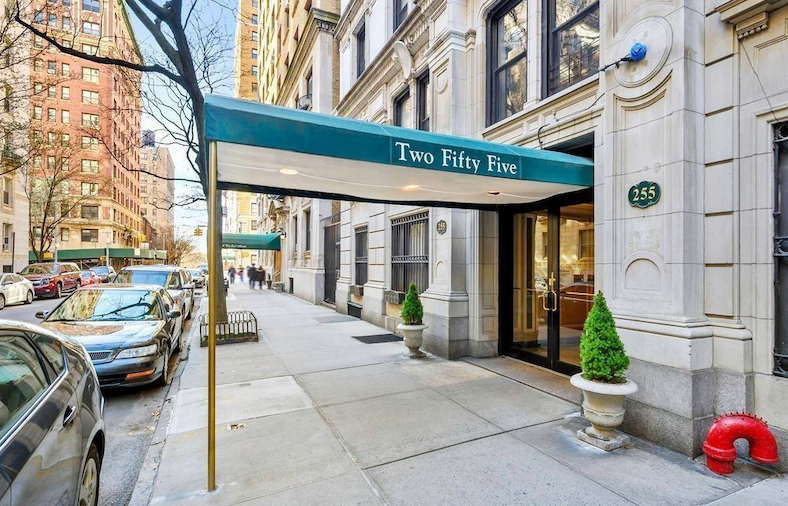Question: My wife and I are considering retirement to NYC. We hope to make a near all-cash purchase of a 1-bedroom or studio in either Manhattan or Brooklyn. The current maintenance on the units we’re looking at is between $1,500 and $2,000. How much net monthly income will we need to live comfortably? Frugally?
— Coming Back to New York
Dear Coming Back:
What a great plan!
New York never makes those silly “best places to retire” lists, but it’s one of the very best places in the country for older people. Yes, it’s expensive. Yes, it’s crowded. Yes, the weather sucks six months of the year.
But where else in America can you walk anywhere you want to be, hail a taxi from your front door, have anything you want or need delivered, have access to the best doctors and hospitals anywhere and regularly visit the the greatest cultural institutions in world? I could go on, but you’ve already agreed to all that. You’re clearly not cut out for life on a golf course.
I’m breaking down your question into two parts, because it’s a pretty complicated decision that you are making. In Part I, here, I’m going to answer your direct question. In Part II, I’m going to give you a finance lesson that may change some of your plan. I’m going to put on my non-real estate hat. I was a personal finance editor for many years.
So let’s get down to it. How much do you really need?
Excluding housing costs — which, I know, is a huge expense — I think two people can live quite well, very well, in Manhattan or Brooklyn for $50,000 to $75,000 a year.
Yes, that’s a great deal of money, but hardly out of line for a city where the median income for a two-person household is $76,000, and couples making $126,000 are officially “middle income.”
At the high end of that spread, you have an after-tax income of more than $60,000 (New York doesn’t tax Social Security benefits). Figure $1,500 a month for utilities, groceries and other necessities, another $1,000 for insurance and healthcare and $500 for your savings and emergency fund. That leaves you with $2,000 per month in spending money. That’s plenty to buy a few nice dinners out, discounted theater tickets, museum memberships and MTA passes — most of which can be had with substantial senior discounts.Save a bit, and you can escape to Miami Beach in the winter, and have a week or two away in the summer.
Now, about housing: Please read Part II, where I explain why you shouldn’t pay cash for a new place, and why it may be better for you not to buy at all.
David Crook is a veteran journalist and author of The Complete Wall Street Journal Real-Estate Investing and Homeowner’s Guidebooks. Do you have a question about anything real estate-related in NYC? Write him at askus@streeteasy.com. For verification purposes, please include your name and a phone number; neither will be published. Note: Nothing in this column should be considered professional legal advice. If you have a legal issue, consult an attorney.
—
Hey, why not like StreetEasy on Facebook and follow @streeteasy on Instagram?









